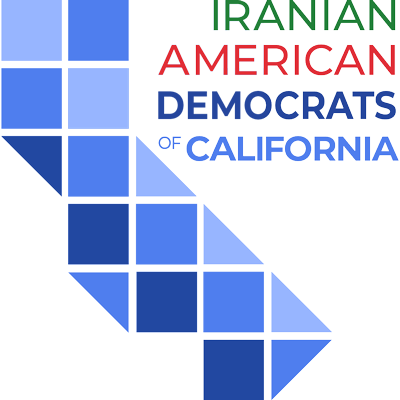On March 29, 2024, the Office of Management and Budget (OMB) announced its revisions to Statistical Policy Directive No. 15: Standards for Maintaining, Statistical Policy Directive No. 15: Standards for Maintaining, Collecting, and Presenting Federal Data on Race and Ethnicity (SPD 15). These revisions include the addition of a Middle Eastern or North African (MENA) category on federal forms such as the U.S. Census! The census will include checkboxes for “Hispanic or Latino” and “Middle Eastern or North African” (MENA) starting in 2030. Changes will apply to all federal collection of demographic data within five years.

This is exciting news and marks an enormous step in allowing the MENA population to attain granular data about their population. The next step is to prepare and plan for potential programs, services, and assistance that can be alleviated through a MENA Standard.
The first of their kind since 1997, these changes introduce a combined question format for race and ethnicity allowing participants to choose from 7 categories and “Select all that apply.” One of those categories is the new MENA category which will contain checkboxes for Lebanese, Iranian, Egyptian, Syrian, Iraqi, and Israeli subgroups along with a write-in box for any other Middle Eastern/North African ethnicity. These checkboxes represent the MENA ethnicities with the largest populations here in the United States while providing others an option to add theirs as well.
By being counted, collectively we are able to demonstrate the sheer number of folks from MENA origin, the level of education and income that can demonstrate our voting power. This data will help establish these communities as a minority group with additional resources and opportunities that such designation entails.
A similar bill has been introduced in the California Assembly, the MENA Inclusion Act, AB 2763. IADC, along with the Arab American Civic Council, has been advocating for this bill. Though the Federal Government has recognized our population, it should be noted that it falls short in providing recognition of the diversity of California’s MENA population, specifically in the inclusion of Armenians and Black Arabs, two large and important groups in California. Thus, the CountMENAIn CA Coalition will continue to monitor how the Federal Government’s standard will impact California’s MENA community, and we aim to continue to push for MENA Inclusion in the State of California that is inclusive and reflective of California’s MENA population.
The MENA Inclusion Act, AB 2763, will have its first hearing at the Judiciary Committee on April 9th. Community members are encouraged to write Position Letters through the Judiciary Committee portal.
Together we can make change happen. In this new year, let’s come together to advocate for peace, solidarity, inclusivity, and secular democracy in Iran, in the US and around the world.
